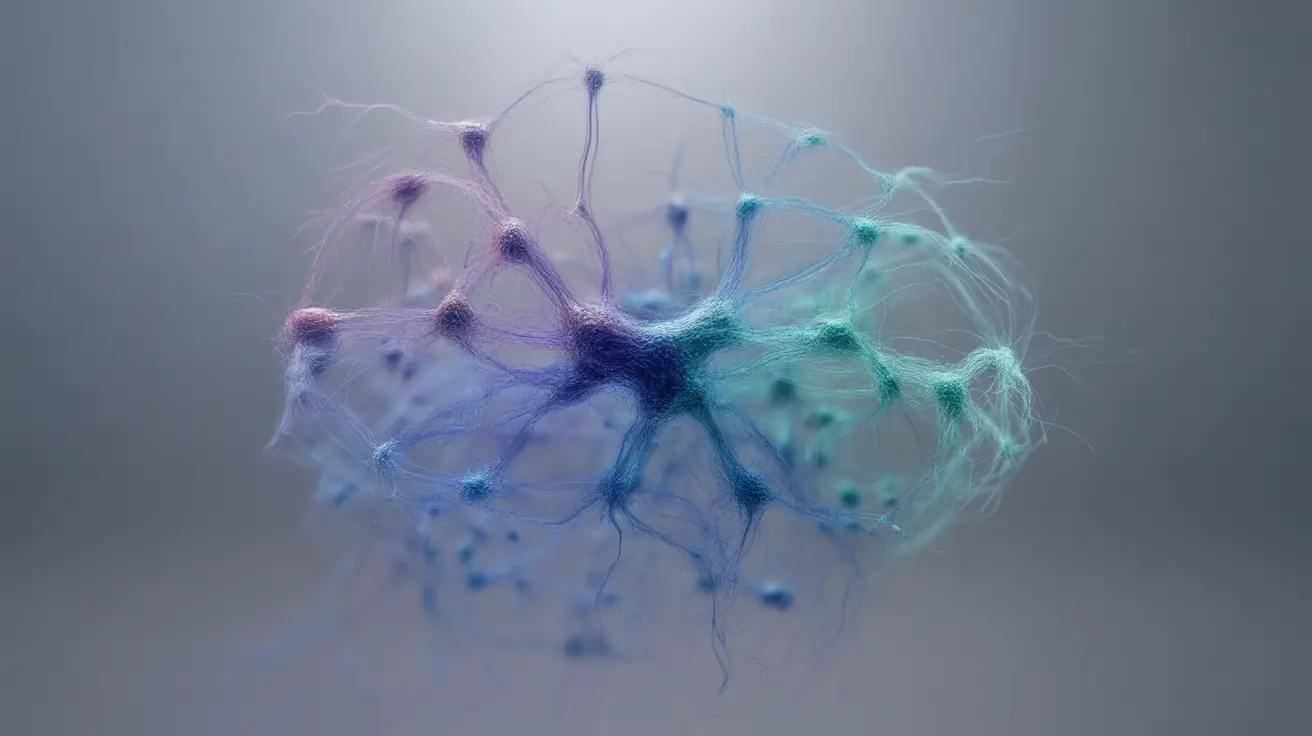The relationship between depression and dementia has become an increasingly important area of research in mental health and neuroscience. Scientists have discovered significant links between these two conditions, suggesting that depression might be more than just a risk factor for cognitive decline—it could potentially contribute to the development of dementia.
Understanding this connection is crucial for both healthcare providers and individuals affected by depression, as it may influence approaches to treatment and prevention strategies for both conditions. Let's explore the complex relationship between depression and dementia, including the latest research findings and implications for mental health care.
The Link Between Depression and Dementia Risk
Research has shown that individuals with a history of depression face an increased risk of developing dementia later in life. This association appears particularly strong when depression occurs in mid-life or later years. Multiple studies have demonstrated that people with depression may be up to twice as likely to develop dementia compared to those without a history of depression.
Timing and Severity Factors
The relationship between depression and dementia risk isn't straightforward. The timing, severity, and frequency of depressive episodes all play important roles. Recurring episodes of depression appear to have a stronger association with future dementia risk than single episodes. Additionally, the severity of depression seems to correlate with the level of cognitive decline risk.
Distinguishing Depression from Early Dementia
One of the challenges healthcare providers face is distinguishing between depression symptoms and early signs of dementia, as these conditions can present similarly. However, there are important distinctions:
- Depression typically shows:
- Relatively rapid onset of symptoms
- Consistent memory issues
- Preserved ability to notice memory problems
- Improvement with treatment
- Early dementia typically shows:
- Gradual onset of symptoms
- Progressive memory decline
- Limited awareness of memory problems
- Continued decline despite mood improvement
Biological Mechanisms and Connections
Several biological mechanisms may explain the link between depression and dementia:
- Inflammation and stress hormones
- Changes in brain structure and function
- Reduced blood flow to the brain
- Alterations in neural connectivity
- Impact on hippocampal volume
Treatment Implications
Proper treatment of depression may help reduce the risk of developing dementia later in life. This includes both medical interventions and lifestyle modifications:
- Antidepressant medications when appropriate
- Regular physical exercise
- Cognitive behavioral therapy
- Social engagement
- Stress management techniques
Frequently Asked Questions
Can having depression earlier in life increase the risk of developing dementia later on?
Yes, research indicates that experiencing depression earlier in life can increase the risk of developing dementia later. Studies have shown that individuals with a history of depression, particularly those with recurring episodes, may have up to double the risk of developing dementia compared to those without depression.
How can depression symptoms be distinguished from early signs of dementia?
Depression typically has a more rapid onset and consistent memory issues, while dementia shows gradual progression and worsening memory problems over time. Depression symptoms often improve with treatment, whereas dementia symptoms continue to progress. Additionally, people with depression are usually aware of their memory problems, while those with early dementia may have limited awareness of their cognitive decline.
Does treating depression reduce the likelihood of developing dementia?
Evidence suggests that proper treatment of depression may help reduce the risk of developing dementia. This includes both medication and non-pharmaceutical approaches such as therapy, exercise, and social engagement. Early intervention and consistent treatment appear to be particularly important.
Why is the risk of dementia highest within the first year after a depression diagnosis?
The heightened risk during the first year after diagnosis may be due to several factors, including the possibility that depression could be an early symptom of developing dementia rather than a separate condition. Additionally, the stress and inflammation associated with acute depression may temporarily impact cognitive function more severely during this period.
What biological mechanisms link depression to an increased risk of dementia?
Several biological mechanisms connect depression to dementia risk, including chronic inflammation, elevated stress hormones, reduced blood flow to the brain, changes in brain structure, and alterations in neural connectivity. Depression can also affect the size of the hippocampus, a brain region crucial for memory and learning.




